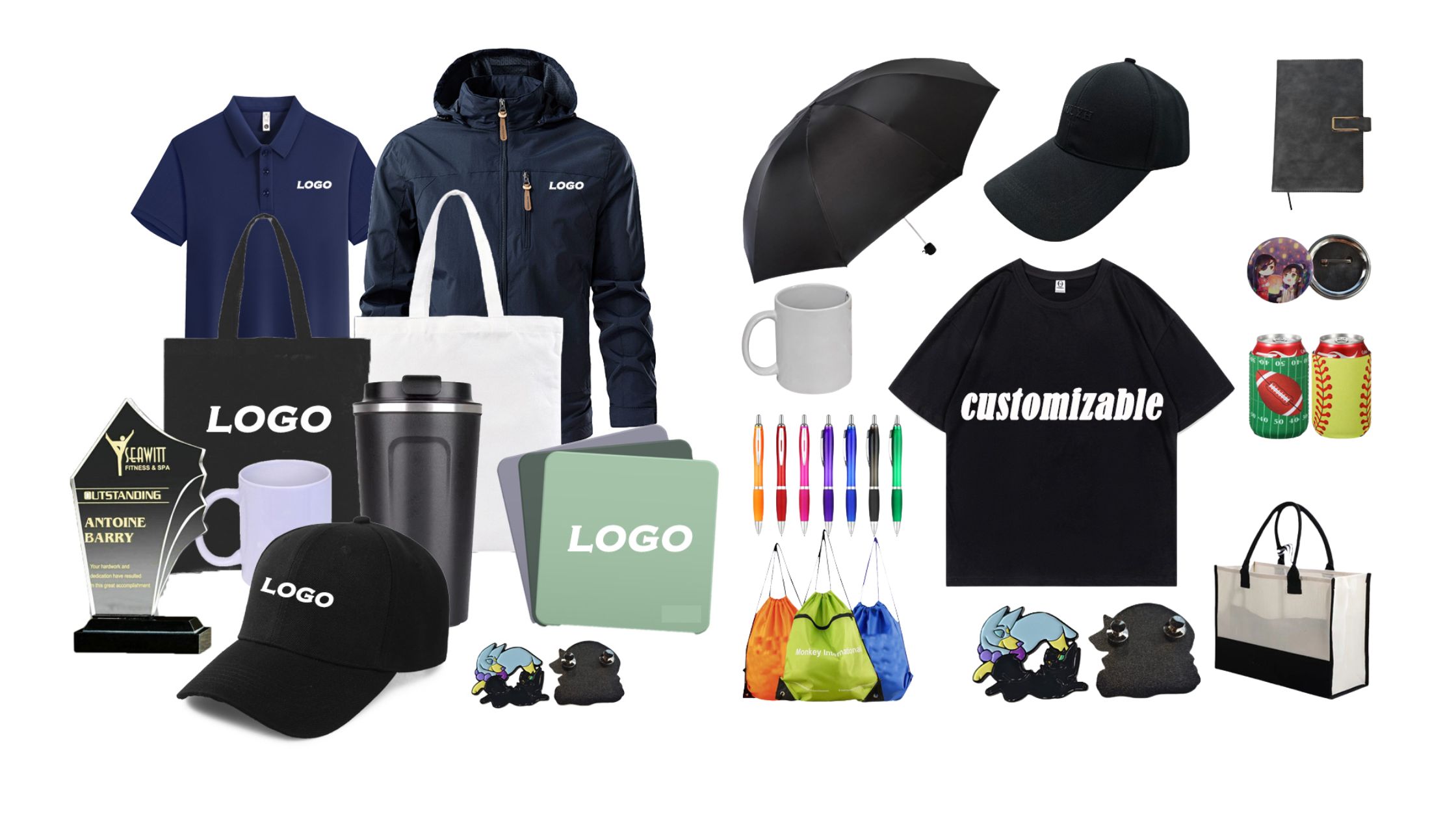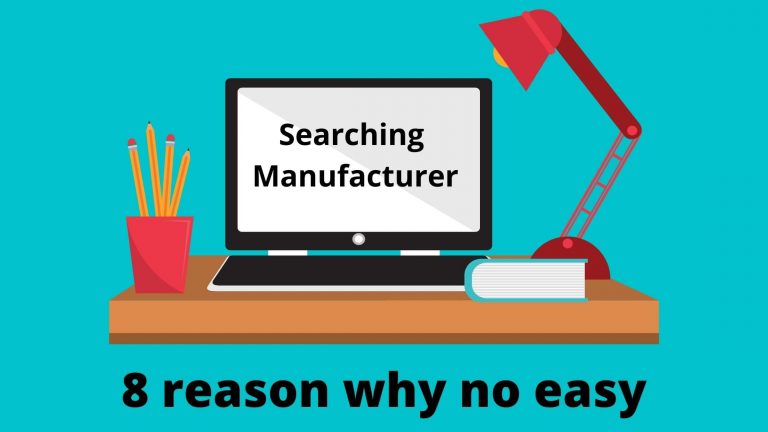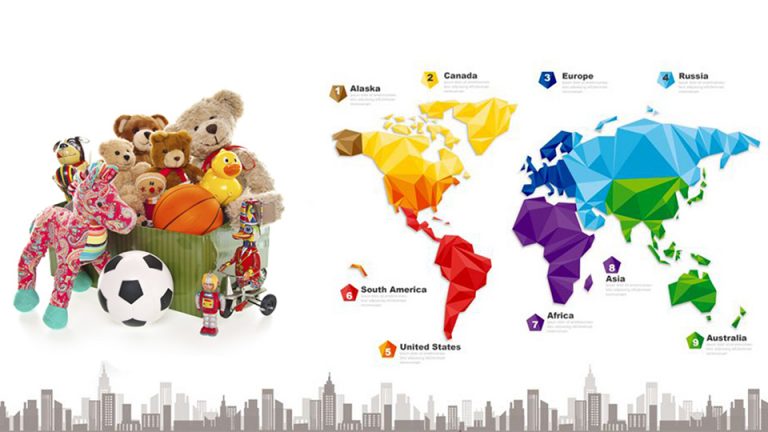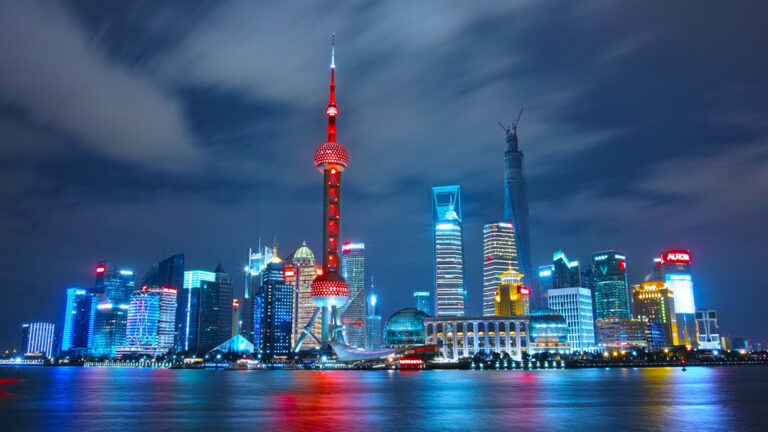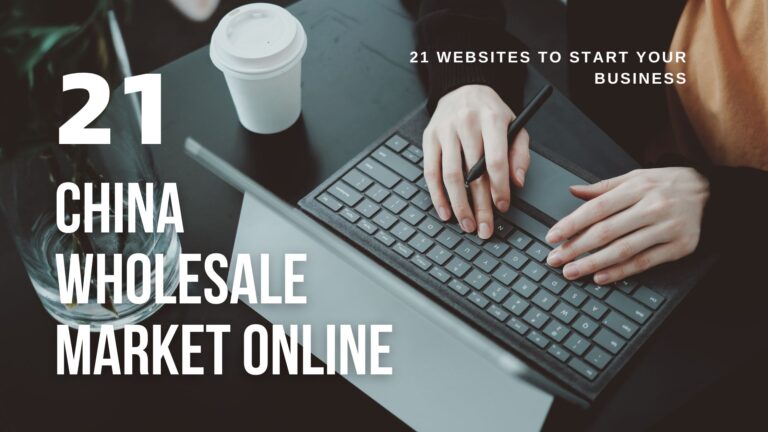9 Facts About the Promotional Products Business You Can’t Ignore
The promotional products business is all about turning everyday items into powerful brand messengers. Think of the last time you used a pen with a company’s logo or carried a branded tote bag. That’s this industry in action. It’s a huge global market, and whether you want to verkaufen these products or buy them for your business, knowing the basics is key to success.
Let’s break down the 9 most important things you need to understand.
1. How is the Promotional Products Business Trends and Industry?
The promotional products industry is robust and evolving. According to the Promotional Products Association International (PPAI), the global market was valued at over $80 billion in 2024, with consistent year-on-year growth.
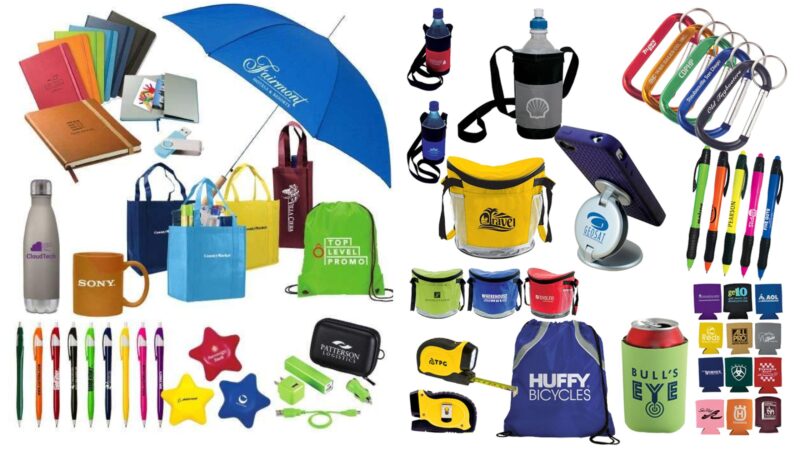
Key 2025 Trends:
- Sustainability Dominates: Eco-friendly products (e.g., bamboo utensils, recycled PET bags, seed paper) are no longer a niche but a standard request. Brands want to align their values with their giveaways.
- Tech-Integrated Items: The line between promo products and tech gadgets is blurring. Popular items include branded wireless chargers, Bluetooth trackers, and power banks with fast-charging capabilities.
- Experiential and “Phygital” Gifts: Products that bridge the physical and digital worlds are gaining traction. Think of QR codes on notebooks that link to a tutorial, or branded packaging that unlocks an online discount.
- Focus on Wellness: Post-pandemic health consciousness continues. Items like branded stress balls, water bottles, fitness towels, and wellness kits are highly effective.
2. Where is the Promotional Products Wholesale Market in China?
China is the undisputed global hub for promotional products manufacturing. Two cities are absolutely critical for wholesale sourcing:
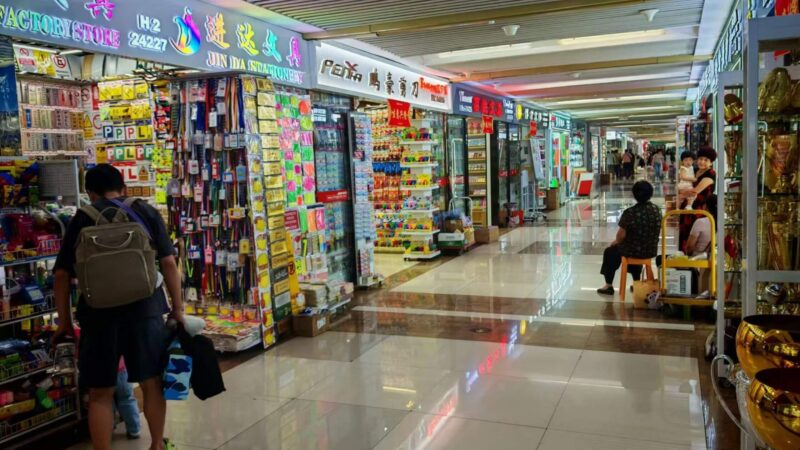
- Yiwu International Trade City (Zhejiang Province): Known as the “world’s largest small commodity market.” This is the go-to place for standard, high-volume items like Stifte, keychains, mugs, banners, and novelties. The advantage here is incredibly low prices and the ability to place mixed-container orders (buying small quantities of many different products).
- Guangzhou (Guangdong Province): A major hub for more specialized and customized products. Key markets include the Zhongshan Eight Road area for LED lights and electronic gifts, and the Baiyun Leather Goods Market für bags, wallets, and luggage. Guangzhou offers higher customization capabilities and better quality control for complex items.
Pro Tip: For most importers, starting with Yiwu for simple items and Guangzhou for custom, tech, or apparel-based products is a winning strategy.
3. How is the Promotional Products Companies?
The industry ecosystem consists of several key players:
- Suppliers/Manufacturers: These are the factories (mostly in Asia) that produce the blank items and perform the customization (printing, embroidery). They typically require large Minimum Order Quantities (MOQs).
- Distributors: The core of the industry. Distributors act as intermediaries. They don’t hold inventory but work with clients to select products, then source them from suppliers, manage the customization, and handle logistics. Most local promo companies you find online are distributors.
- Supplier-Aggregators (e.g., 4imprint, Vistaprint): These are large companies that operate like distributors but have massive catalogs and standardized online ordering systems. They are great for simple, quick-turn jobs.
- Sourcing Agents (e.g., TonySourcing): Agents act on behalf of the buyer (importer or large distributor) to find the right factory in China, negotiate prices, conduct quality control, and manage shipping. They provide a layer of security and expertise for direct importing.
4. How to Do Promotional Products Marketing?
If you are a distributor, your marketing should focus on educating clients on the ROI of promo products.
- Content Marketing: Write blogs and create case studies showing how promo items increased brand awareness or customer retention for other businesses.
- Targeted Niches: Don’t be a generalist. Specialize in serving industries like healthcare, real estate, or tech, and understand their specific needs.
- Show, Don’t Just Tell: Schicken yourself as a promotional product. A well-designed, useful branded item mailed to a prospect is far more powerful than a cold email.
- Leverage Data: Use industry statistics from PPAI and ASI to demonstrate the effectiveness of promotional products compared to other advertising mediums.
5. What are the Most Popular Promotional Products?
Effectiveness trumps novelty. The most popular items are those that are used frequently, ensuring repeated brand exposure.
- Wearables: T-shirts, Caps, and Jackets (high visibility).
- Trinkgeschirr: Water Bottles, Tumblers, and Mugs (daily use).
- Schreibgeräte: Pens (ubiquitous and low-cost).
- Taschen: Tote Bags and Backpacks (practical and eco-friendly).
- Technisches Zubehör: Power Banks and USB Drives (modern necessity).
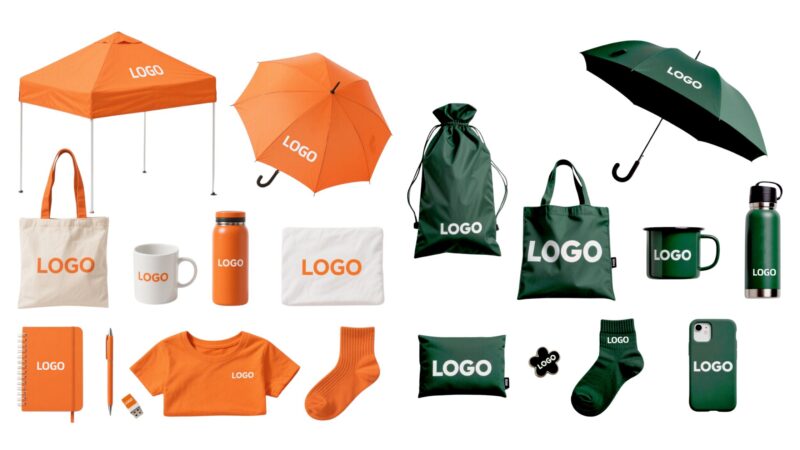
6. Why You Need to Buy Promotional Products from China?
The reasons are simple: Cost, Variety, and Customization.
- Cost-Effectiveness: Labor and material costs in China are significantly lower, allowing for profit margins of 30-50% for distributors.
- Unmatched Variety: From Yiwu’s 75,000+ booths to Guangzhou’s specialized factories, you can find any product imaginable.
- Deep Customization: Chinese factories are equipped for everything from simple logo printing to full-product OEM (Original Equipment Manufacturing), where you can create a unique item from scratch.
7. What is a Promotional Products Distributor?
A distributor is essentially a project manager for branded merchandise. Their job is to:
- Consult with clients to understand their goals and budget.
- Recommend suitable products from a vast network of suppliers.
- Source the items and manage the customization process (logo placement, quality checks).
- Handle shipping and delivery to the client’s doorstep.
They make money by marking up the cost they get from the supplier.
8. Where to Find Promotional Products Suppliers?
You have several options, each with pros and cons:
- Online B2B Platforms: Alibaba, Made-in-China, Global Sources. Good for finding a wide range of suppliers, but requires diligent vetting. Always request samples.
- Industry Trade Shows: PPAI Expo (Las Vegas), ASI Shows. Excellent for meeting suppliers and seeing product quality firsthand.
- Sourcing Agents (Recommended for Bulk Orders): Companies like TonySourcing. We pre-vet factories, negotiate better prices, manage quality control, and simplify logistics, reducing your risk significantly.
9. How About Promotional Products Made in USA?
“Made in USA” is a strong selling point for certain clients but comes with trade-offs.
- Vorteile: Faster shipping times, supports local economy, and appeals to “buy local” sentiments. Quality perception is often high.
- Nachteile: Significantly higher cost (often 3-5x more than a similar Chinese product), limited variety, and less flexibility for complex customization.
- Verdict: It’s a viable niche for serving clients with specific patriotic or rapid-turnaround needs, but it’s not cost-effective for the majority of the market.
10. How to Get a Promotional Products Quote?
A professional quote request should include clear specifications to get an accurate price quickly:
- Product Description/Link: Be as specific as possible.
- Menge: The single biggest factor in pricing.
- Customization Details: Provide your logo file (vector format preferred), desired printing method (e.g., screen print, embroidery), and placement.
- Your Timeline: When do you need the products?
- Destination Country: For shipping cost calculation.
11. FAQ
Q1: What is the typical markup for a promotional products distributor?
A: Distributors typically aim for a 30% to 50% markup on the landed cost (product + shipping) depending on the order size and complexity.
Q2: What is the minimum order quantity (MOQ) when sourcing from China?
A: It varies widely. For simple printing on standard items, MOQs can be as low as 100-500 pieces. For fully custom products, MOQs can be 1,000 pieces or more.
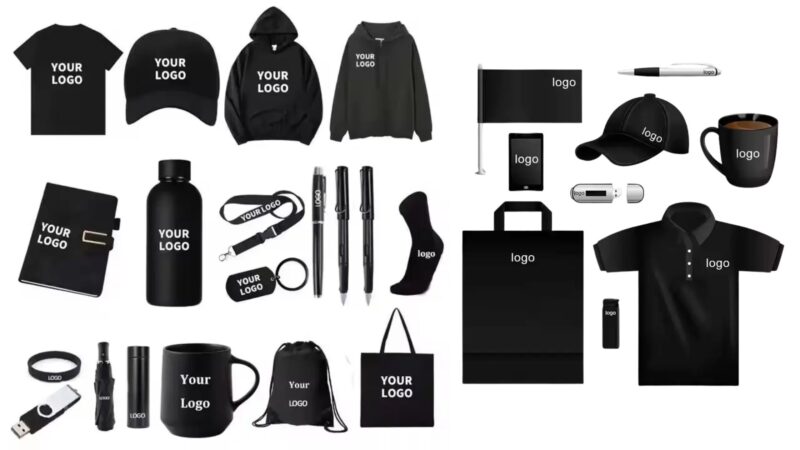
12. Conclusion
The promotional products business is a thriving industry built on creating tangible connections between brands and their audiences. Success hinges on understanding global trends, mastering the supply chain—particularly the advantages of sourcing from China—and effectively marketing the proven ROI of these items.
Whether you’re starting as a distributor or looking to optimize your sourcing strategy, partnering with an experienced agent like TonySourcing can provide the market insight and logistical support to build a profitable promotional products business.

